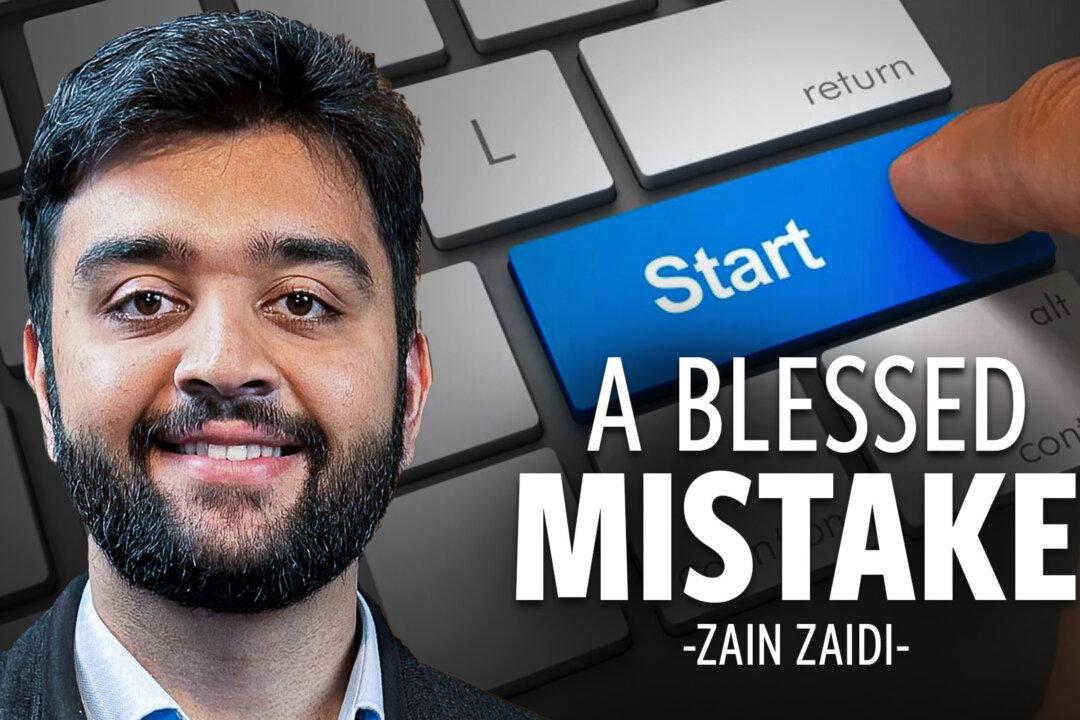In 2020, a lost transcript inspired college student Zain Zaidi to start the Silicon Valley data company TransCrypts.
The now 24-year-old entrepreneur discussed his journey co-founding the multi-million-dollar firm and what it’s like being an entrepreneur, in a recent episode of EpochTV’s “Bay Area Innovators” program.





